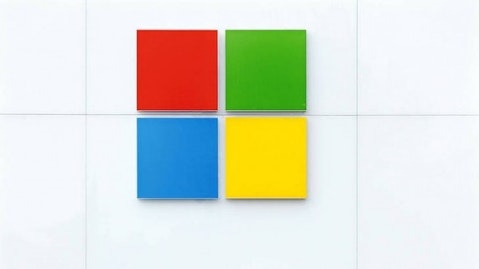Websense Inc. (NASDAQ:WBSN) is currently in the process of tendering all of its shares to Vista Equity Partners. This move follows a string of previous technology buyouts and highlights the growing competitive pressures that upstart companies face in a maturing industry. Fortunately, WebSense’s business model focuses on durable services like security and identity-theft protection. This makes it particularly attractive to buyout mavens like Vista.
Long-term Websense Inc. (NASDAQ:WBSN) investors can profit handsomely from this deal’s built-in premium. Although the arbitrage opportunity has momentarily passed, it could arise again as a result of ongoing legal actions that threaten to complicate this transaction. With the filing of a shareholder-rights lawsuit, it seems increasingly likely that Vista will not be able to adhere to its original timetable for the completion of its tender offer. Investors who have experience with such special situations should take a closer look.
WebSense and the competition
Although many of the firms against which Websense Inc. (NASDAQ:WBSN) competes are privately held, it does deal directly with some big-name firms. Symantec Corporation (NASDAQ:SYMC) and Microsoft Corporation (NASDAQ:MSFT) are both considered to be “mature” competitors of WebSense. Most of the company’s smaller competitors remain in private hands, and some have yet to turn profits on a consistent basis.
Websense Inc. (NASDAQ:WBSN) is many times smaller than its two big-name competitors. Its market capitalization of about $907 million is dwarfed by Symantec Corporation (NASDAQ:SYMC)’s $15 billion valuation and looks puny next to Microsoft Corporation (NASDAQ:MSFT)’s $291 billion figure. WebSense is also finding it difficult to match the profitability of its competitors: In 2012, it earned about $23 million on revenue of around $360 million. This compares to Symantec’s profit of $765 million on revenue of about $6.9 billion and Microsoft Corporation (NASDAQ:MSFT)’s $16.4 billion earnings on gross revenues of $76 billion.
Despite its relative lack of profitability, Websense Inc. (NASDAQ:WBSN) remains more expensive than its bigger competitors. The company’s price-to-book ratio of 9.8 is higher than Symantec’s ratio of 2.8 and Microsoft Corporation (NASDAQ:MSFT)’s multiple of 3.8. WebSense also has a bit more debt than its competitors: Its $70 million debt load and $83 million cash hoard compare especially unfavorably with Microsoft’s respective figures of $15 billion and $74 billion. With debts of $3.1 billion and cash reserves of a little over $4.7 billion, Symantec has a more even mix.
How the deal is structured
The terms of this deal involve a tender offer for all of WebSense’s shares at a price point of $24.75 per share. Relative to the company’s current share price of $24.75 per share, this offer provides no premium or discount. Since the tender offer is ongoing, the bulk of the trading activity in the company’s shares is probably related to it in some fashion. As such, investors should not expect WebSense’s shares to fluctuate in the absence of late-breaking developments. Unless it is extended, the tender offer is scheduled to expire before the start of trading on June 25.
Lawsuits and other complications
At this point, it is quite possible that Vista will not be able to purchase all of WebSense’s shares by its self-imposed deadline. An ongoing shareholder lawsuit has threatened to halt the transaction and thrown the current tender price into doubt. Among other things, the lawsuit alleges that WebSense’s board failed to solicit additional bids for the company despite legitimate interest from other buyout firms.
The outcome of this lawsuit could have very real implications for WebSense’s shareholders: If the company’s board chooses to halt the Vista takeover and solicit additional bids, its stock price could rise by a significant margin. On the other hand, the case’s dismissal would restore the status quo and virtually assure a full Vista takeover. However, it remains to be seen whether the June 25 deadline can be met.



